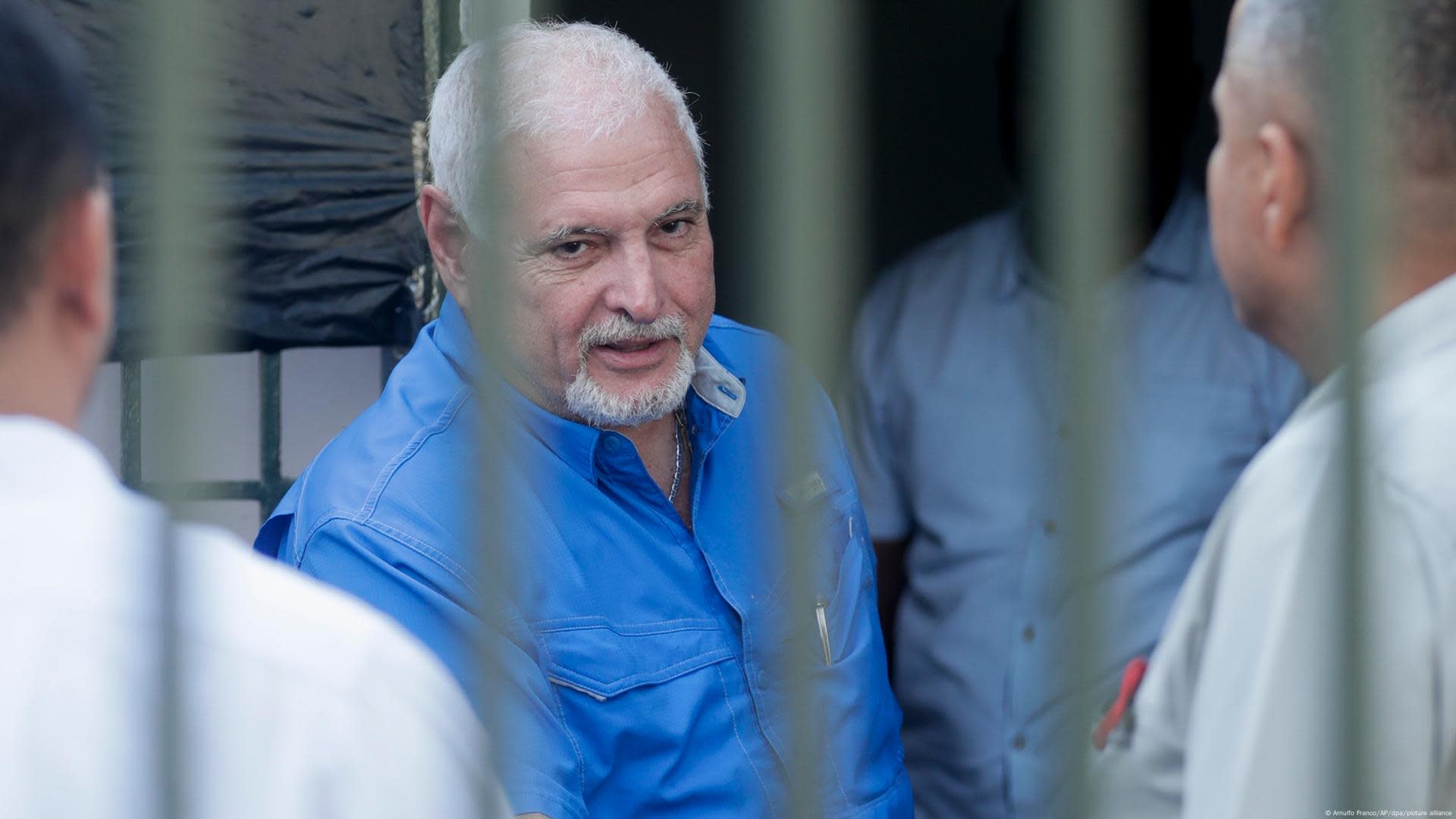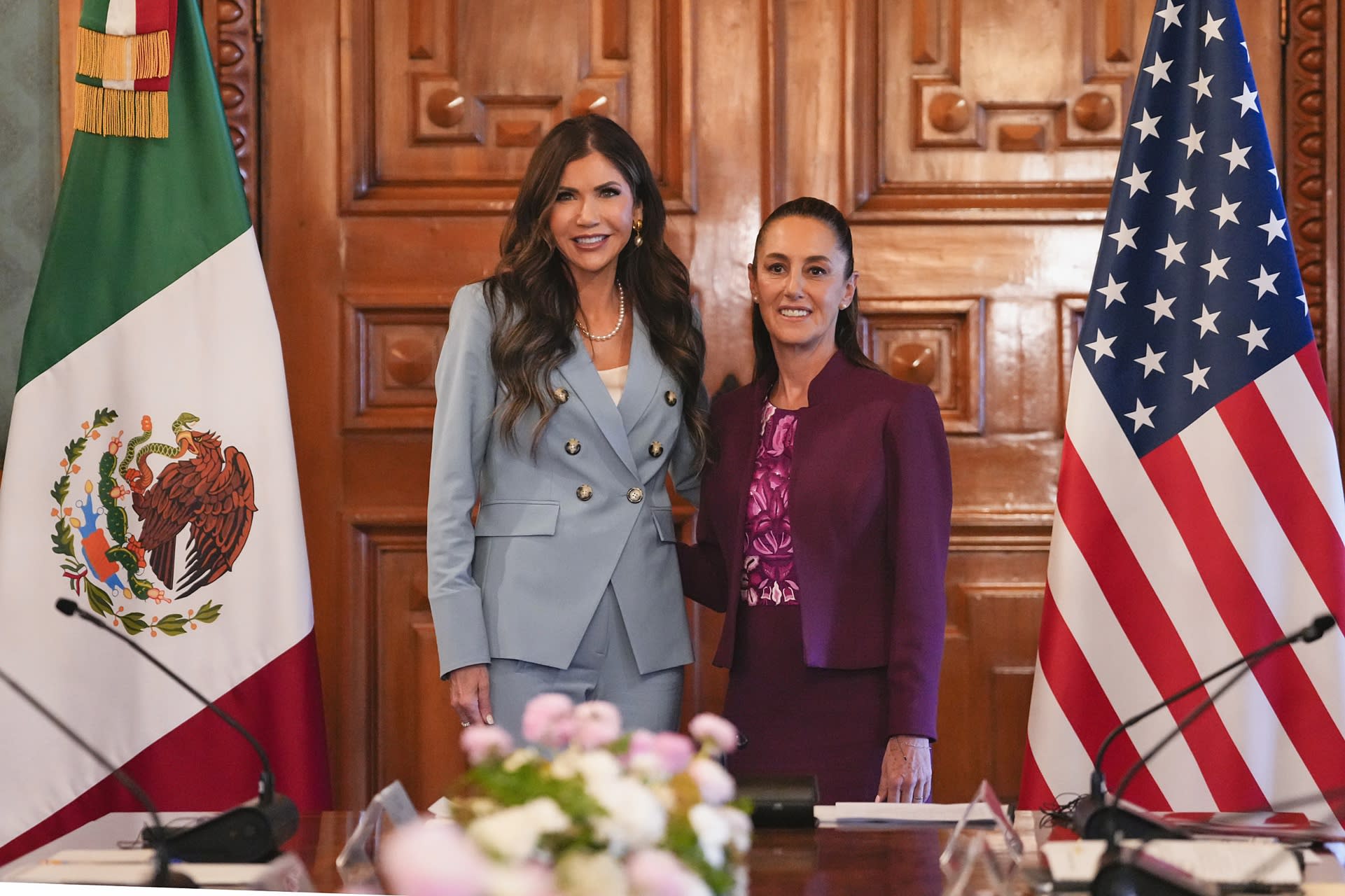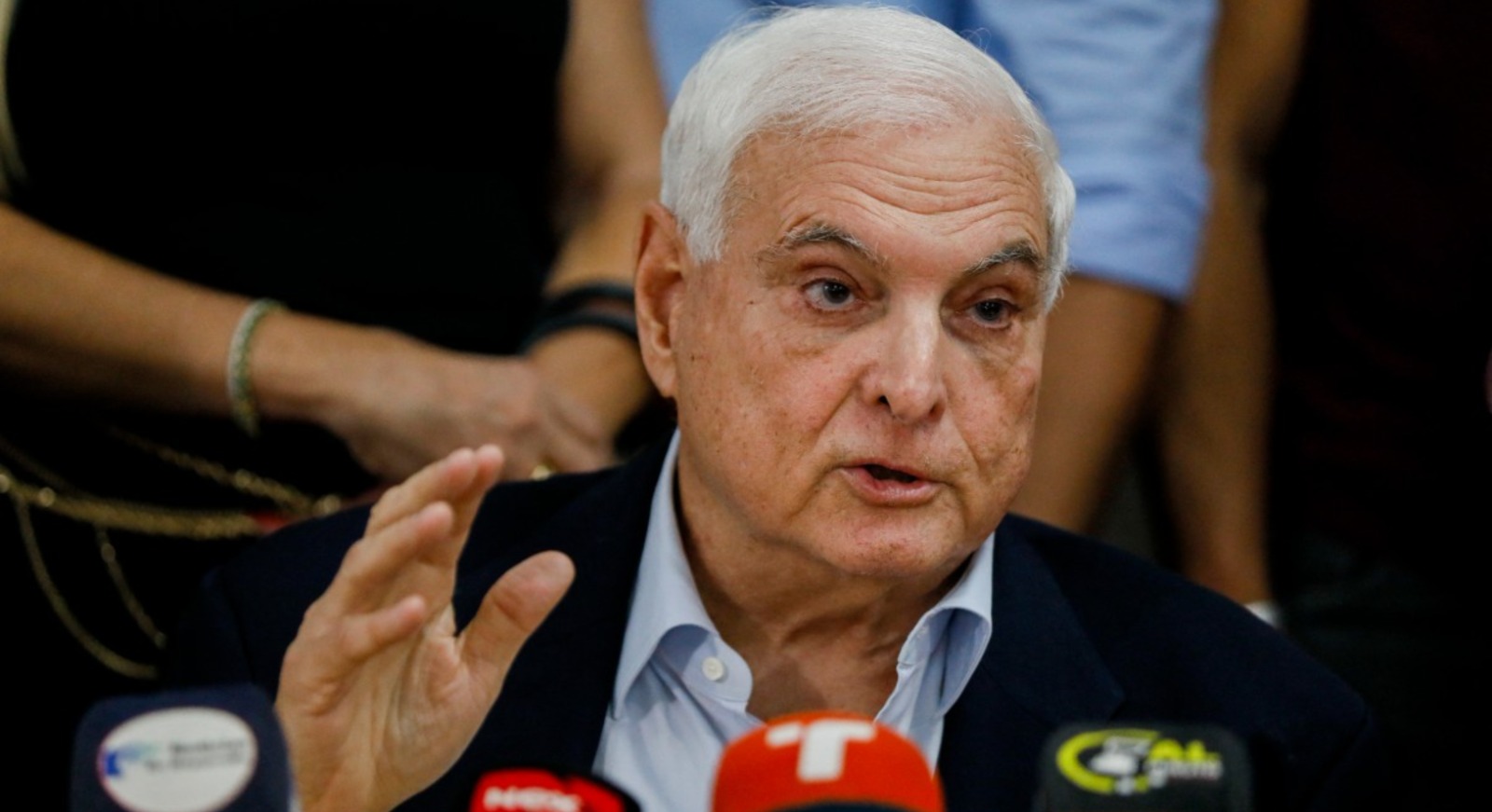Central America
Two more potential Ortega challengers detained in Nicaragua
AFP/Editor
Nicaraguan authorities on Tuesday detained two more potential presidential candidates, for a total of four, as a crackdown by President Daniel Ortega deepened ahead of elections later this year.
Felix Maradiaga was held after appearing at the public ministry where prosecutors are investigating him for alleged acts against sovereignty, terrorism and backing international sanctions against the government.
And Juan Sebastian Chamorro Garcia — the cousin of another detained candidate, Cristiana Chamorro — was arrested for “inciting foreign interference in internal affairs” and the “organization with funding from foreign powers to perpetrate terrorist acts,” according to a police statement.
Last week, two other opposition politicians planning to run against Ortega — branded a “dictator” by the United States — were detained.
Cristiana Chamorro was placed under house arrest on government allegations of money laundering, while Arturo Cruz was held in pre-trial detention so prosecutors can investigate allegations of “provocation… and conspiracy to commit harm to national integrity.”
Maradiaga, 44, faces some of the most serious allegations.
Police said “he is being investigated for carrying out acts that undermine independence, sovereignty, and self-determination, inciting foreign interference in internal affairs, and calling for military interventions.”
He is also accused of using “financing from foreign powers to carry out acts of terrorism and destabilization,” the police added.
The charges against Maradiaga are related to a law approved in December by the legislature, dominated by Ortega allies, supposedly to defend “sovereignty” against hostile foreign influence.
Critics say it is aimed at preventing opposition politicians from standing in the election, set for December 7.
Sponsored by leftist Ortega, it bars “those who ask for, celebrate and applaud the imposition of sanctions against the Nicaraguan state.”
Before his arrest, Maradiaga said he had “nothing to hide” and that he wanted to call for sanctions against those “who have committed crimes against humanity,” not against his whole country.
Ortega, an ex-guerrilla who governed from 1979 to 1990, returned to power in 2007 and won two successive reelections.
But he has been accused by the opposition and NGOs of authoritarian rule and the brutal suppression of demonstrations against his rule.
Both the European Union and the United States have imposed sanctions against Ortega and his government.
“Presidential candidate Felix Maradiaga’s arbitrary arrest … should resolve any remaining doubts about Ortega’s credentials as a dictator,” said Julia Chung, the top US diplomat for Latin America.
Central America
Panama grants Martinelli 72-hour extension to travel to Nicaragua

On Monday (March 31, 2025), Panama extended the safe-conduct pass for former President Ricardo Martinelli by three more days to allow him to travel to Nicaragua, after the Central American country refused to receive him due to concerns over an alleged Interpol arrest warrant.
“The National Government has decided to extend the validity of the safe-conduct pass for an additional seventy-two (72) hours, until the end of Thursday, April 3, 2025,” the Panamanian Foreign Ministry stated in a communiqué. The original permit was set to expire Monday at midnight (05:00 GMT on Tuesday).
The Foreign Ministry explained that regarding the ‘humanitarian asylum’ granted to Martinelli last Thursday, which was set to expire Monday at midnight, the Nicaraguan government requested clarifications about an apparent Interpol alert, which had already been dismissed as inadmissible.
Additionally, the Panamanian Supreme Court of Justice, as the highest authority of the Judicial Branch, stated on Monday that it had “no objections” to granting asylum and a safe-conduct to Martinelli, as it falls under the jurisdiction of the Executive Branch.
Central America
U.S. Homeland Security Secretary urges Mexico to strengthen Guatemala border

U.S. Homeland Security Secretary Kristi Noem revealed on Monday that during last week’s meeting with Mexican President Claudia Sheinbaum, she urged Mexico to reinforce its border with Guatemala and share biometric datawith U.S. authorities.
“I gave her a list of things that President Trump would love to see. And it was exceptional. It was supposed to be a half-hour meeting, but we talked for nearly two hours. It was very productive,” Noem said in an interview with Fox News.
The Homeland Security Secretary requested that Sheinbaum, who has already deployed 10,000 National Guard troopsalong Mexico’s northern border with the U.S., also secure Mexico’s southern border with Guatemala.
Noem added that she also asked the Mexican president to share biometric data with the U.S., to which Sheinbaum responded that she was “willing to discuss it,” although she acknowledged that it could be a controversial issue in her country.
Central America
Panama police clarifies that Interpol alert for Martinelli is still pending

Panama’s National Police clarified on Sunday that an Interpol alert request for former President Ricardo Martinelli (2009-2014) is still under review and has yet to be confirmed. Martinelli was granted a safe-conduct pass last Thursday to leave the Nicaraguan embassy, where he has been seeking asylum since February 2024 after being convicted of corruption.
“The National Police clarifies that there is currently an active process for an Interpol alert, requested by Judge Baloisa Marquínez, against former President Ricardo Martinelli. This request must be analyzed by Interpol’s General Secretariat (headquartered in France) for approval or rejection. If approved, it will be notified to member countries,” the police stated in a press release sent to EFE.
According to the statement, “at the moment, it remains an ongoing procedure, and former President Martinelli does not have a confirmed alert.”
The announcement came hours after National Police Director Jaime Fernández had told the press that an “Interpol alert” for Martinelli had been received on Friday.
-

 International4 days ago
International4 days agoSon of journalist José Rubén Zamora condemns father’s return to prison as “illegal”
-

 International4 days ago
International4 days agoMiyazaki’s style goes viral with AI but at what cost?
-

 Central America2 days ago
Central America2 days agoU.S. Homeland Security Secretary urges Mexico to strengthen Guatemala border
-

 International2 days ago
International2 days agoTrump urges Putin to reach peace deal
-

 Central America3 days ago
Central America3 days agoPanama police clarifies that Interpol alert for Martinelli is still pending
-

 International3 days ago
International3 days agoDeportation flight lands in Venezuela; government denies criminal gang links
-

 Central America2 days ago
Central America2 days agoPanama grants Martinelli 72-hour extension to travel to Nicaragua
-
Central America4 days ago
Nicaragua revokes legal status of 10 more NGOs, bringing total to over 5,600















